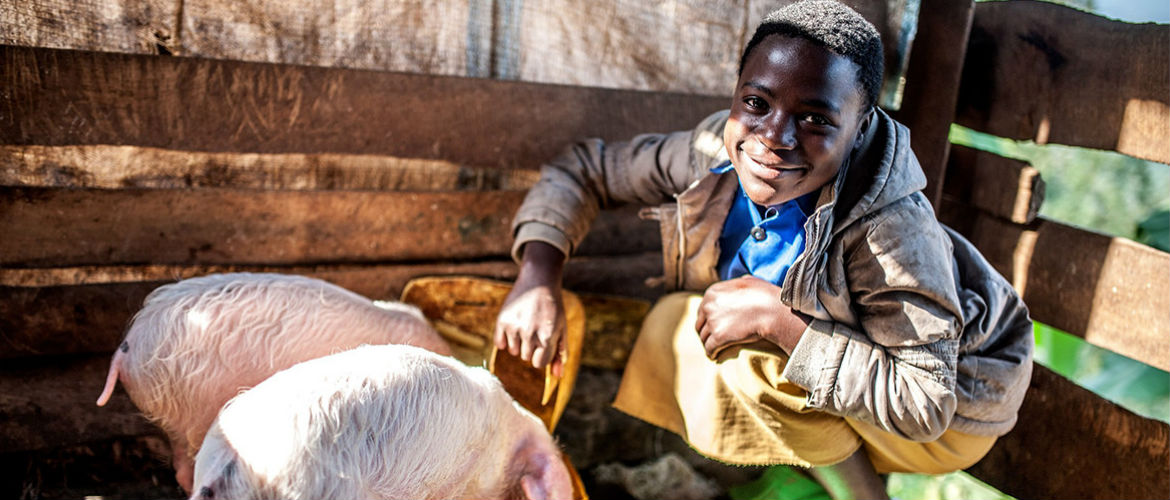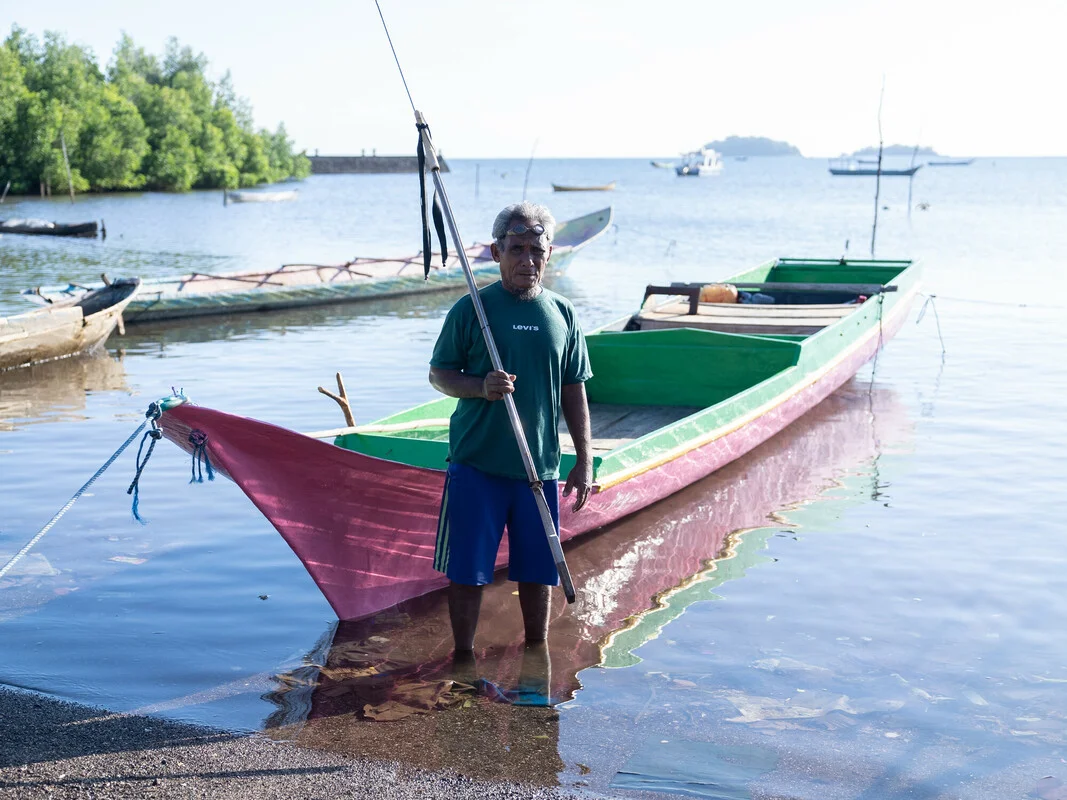Poverty is a complex problem with many causes and symptoms — there’s no one-size-fits-all solution. But we’ve found a simple and effective remedy for poverty in Rwanda: pig waste.
In northern Rwanda, many families depend on traditional wood-fired stoves for all of their cooking. This type of cooking is dirty, laborious, time-wasting work. It takes a heavy toll on women’s health and families lose countless hours, searching for hard-to-find firewood.
That’s why we’re working with vulnerable communities, helping poor families turn pig manure and urine into biogas. This innovative energy alternative is cheap, renewable and efficient.
Best of all, biogas eases the heavy burden of time-consuming, unpaid domestic work for women and girls, so they can use their time and energy on more productive activities, like farming and study.
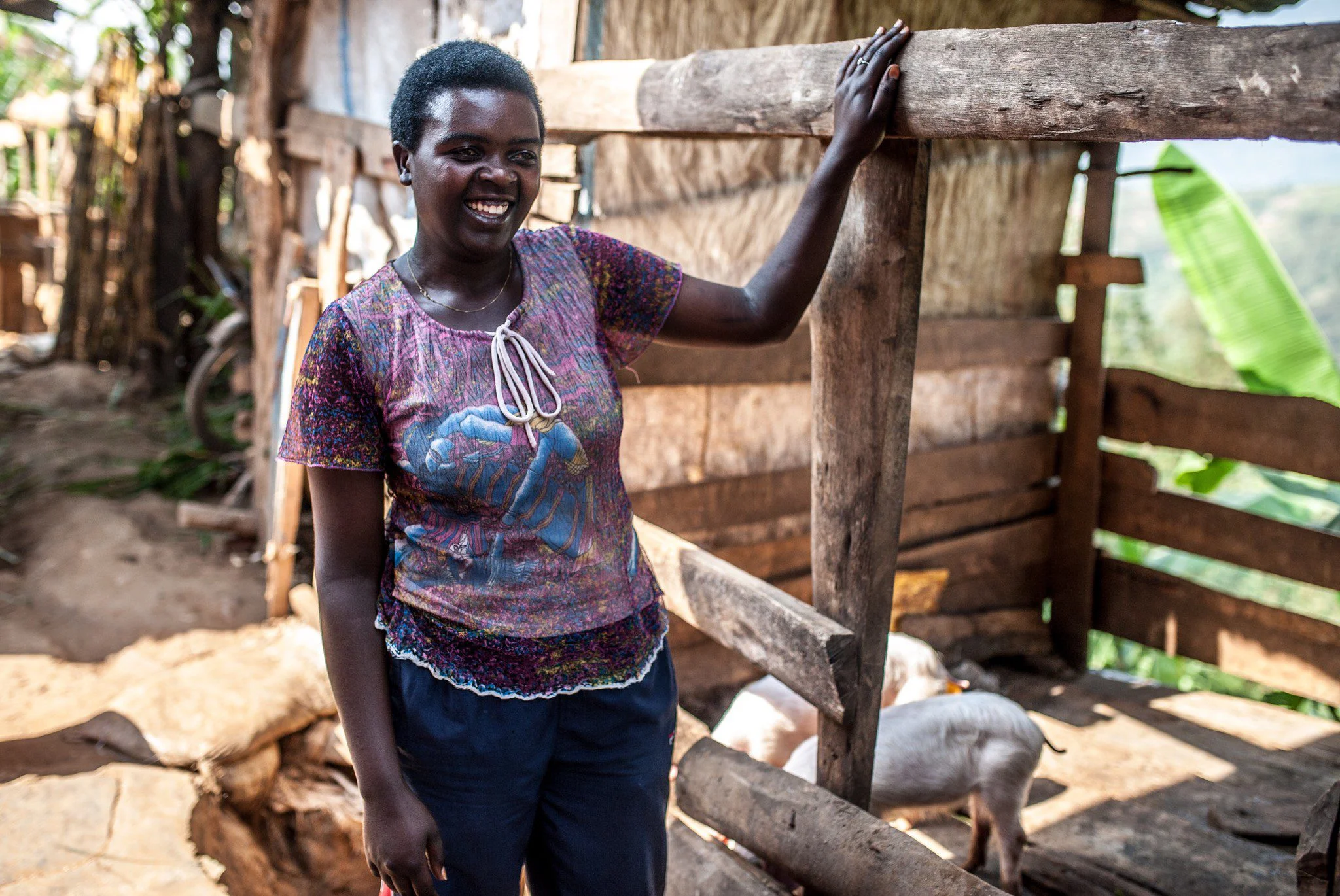
Since we helped Christine (pictured above) switch to biogas, she no longer suffers from the health problems commonly caused by smoky, wood-fired cooking. And she has more time and energy to invest in her small tailoring business.
She says, “I used to spend more time cooking instead of spending that time doing different activities, such as tailoring, farming or grazing animals.”
When I used to cook, the whole kitchen used to fill with smoke and it would leave a black mark on everything it touched. I used to go to bed with red eyes from itching them, as I had spent such a long time in the smoke.”
Biogas has given Christine a new lease on life, and a pathway out of poverty. She says, “The biogas has a big impact … The time I was spending on cooking has reduced.”
“I don’t have any health problems anymore.”
Biogas is a game-changer for poor households — it gives vulnerable Rwandan families the new energy they need to lift themselves out of poverty. Here’s how it works:
Step 1: Oxfam supplies a Rwandan family with pigs and biodigester.
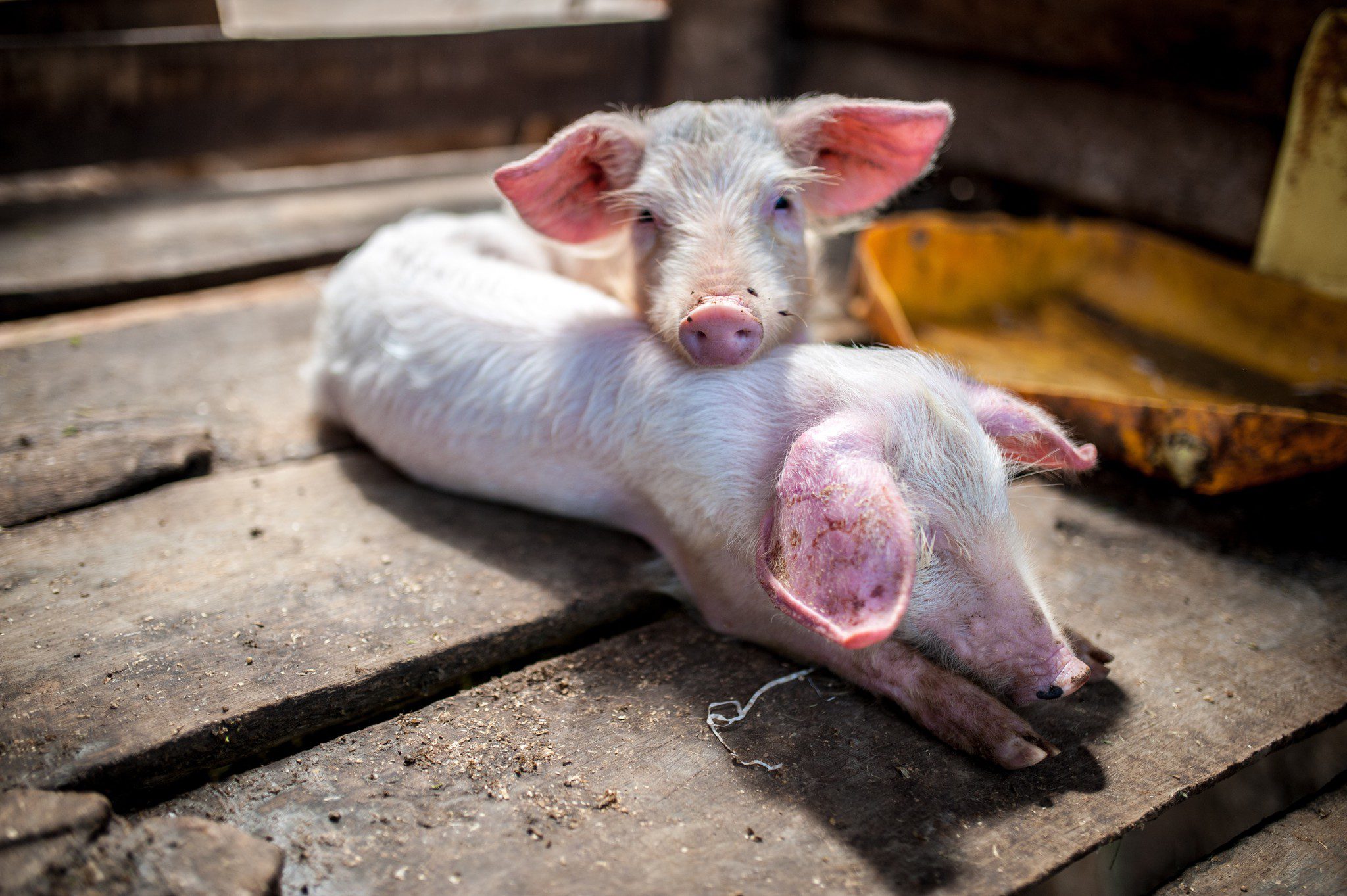
Step 2: Pigs poo and pee.
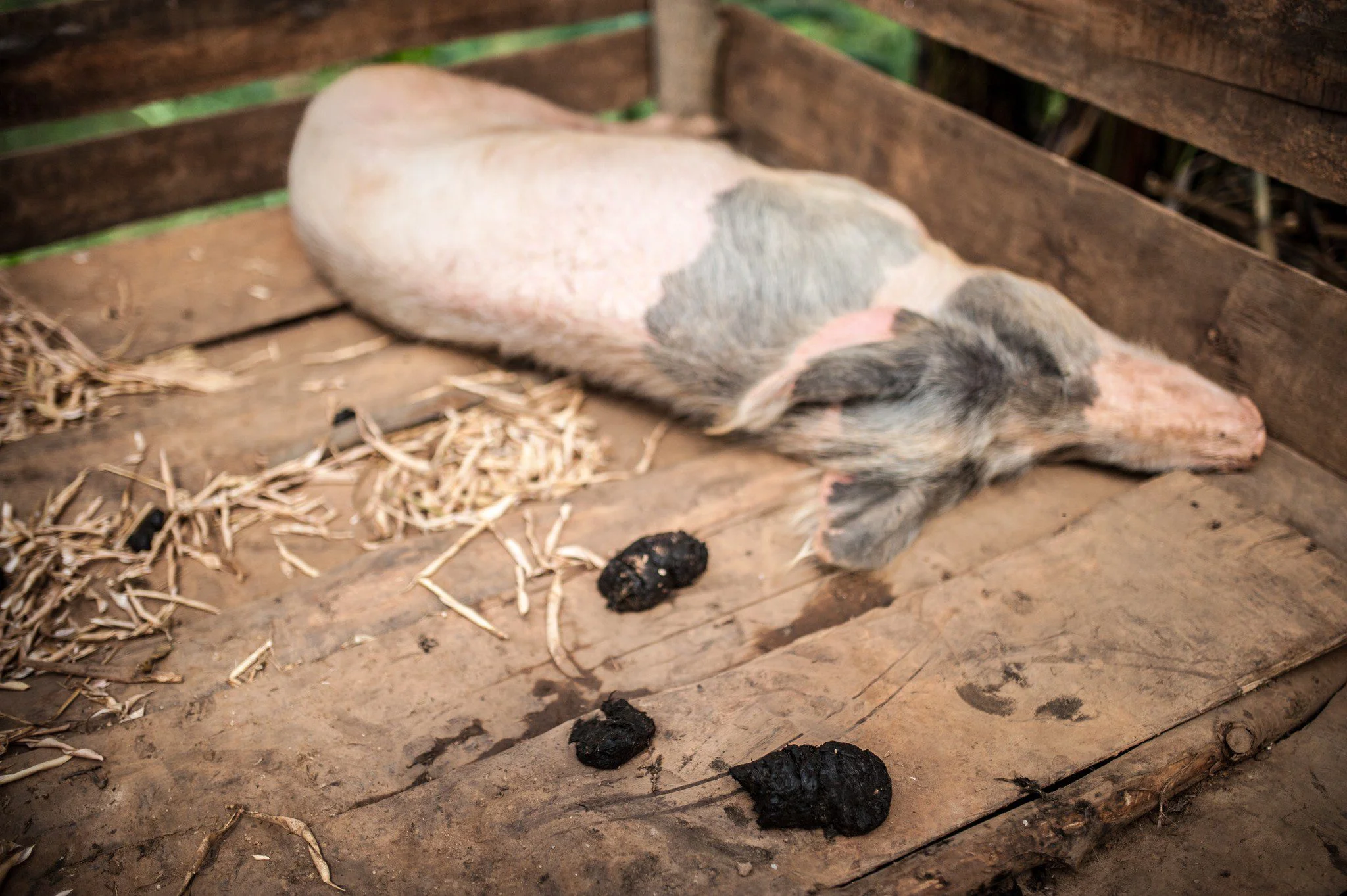
Step 3: Humans collect pig manure and urine.
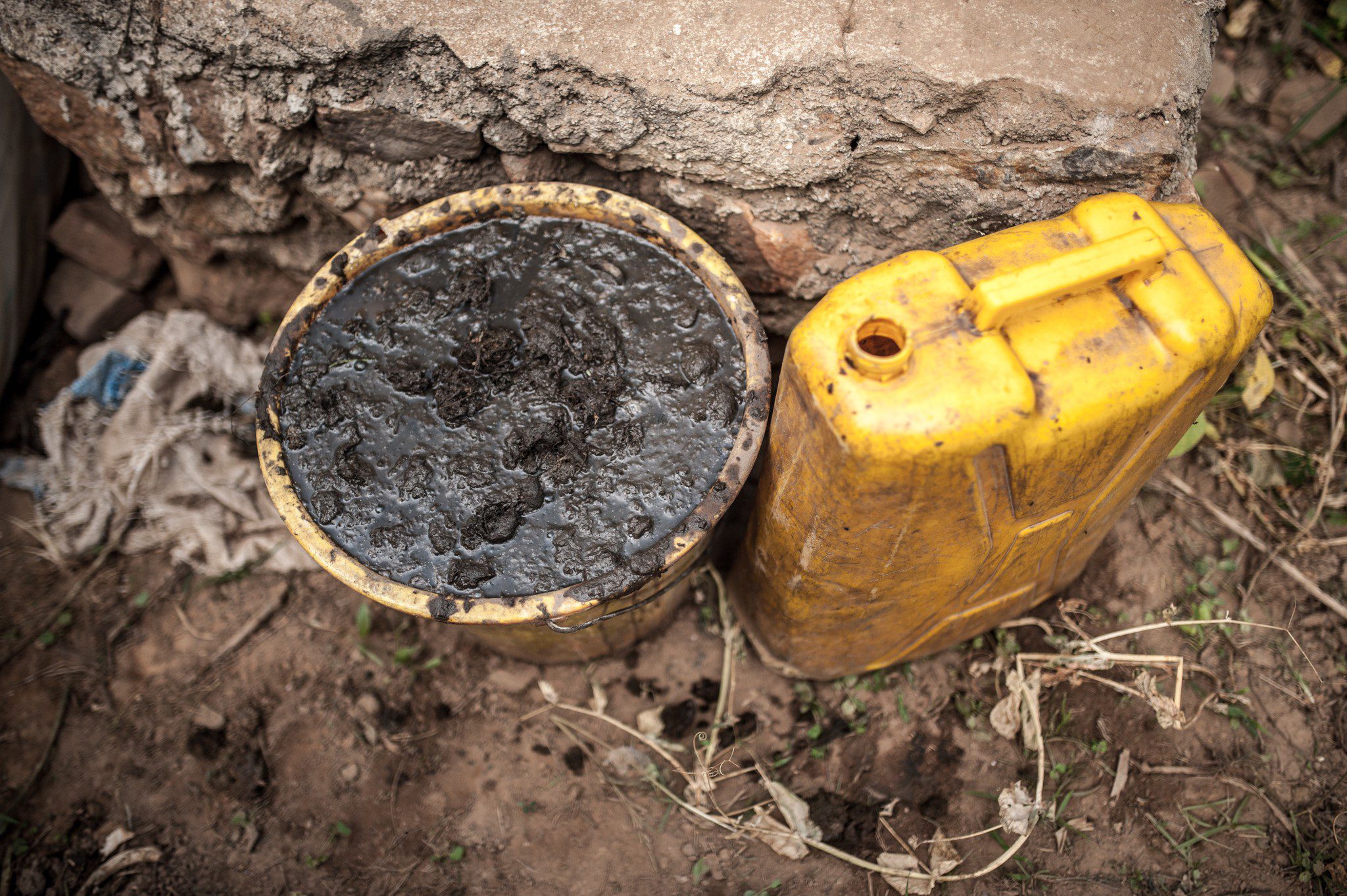
Step 4: Humans put pig waste in biodigester.
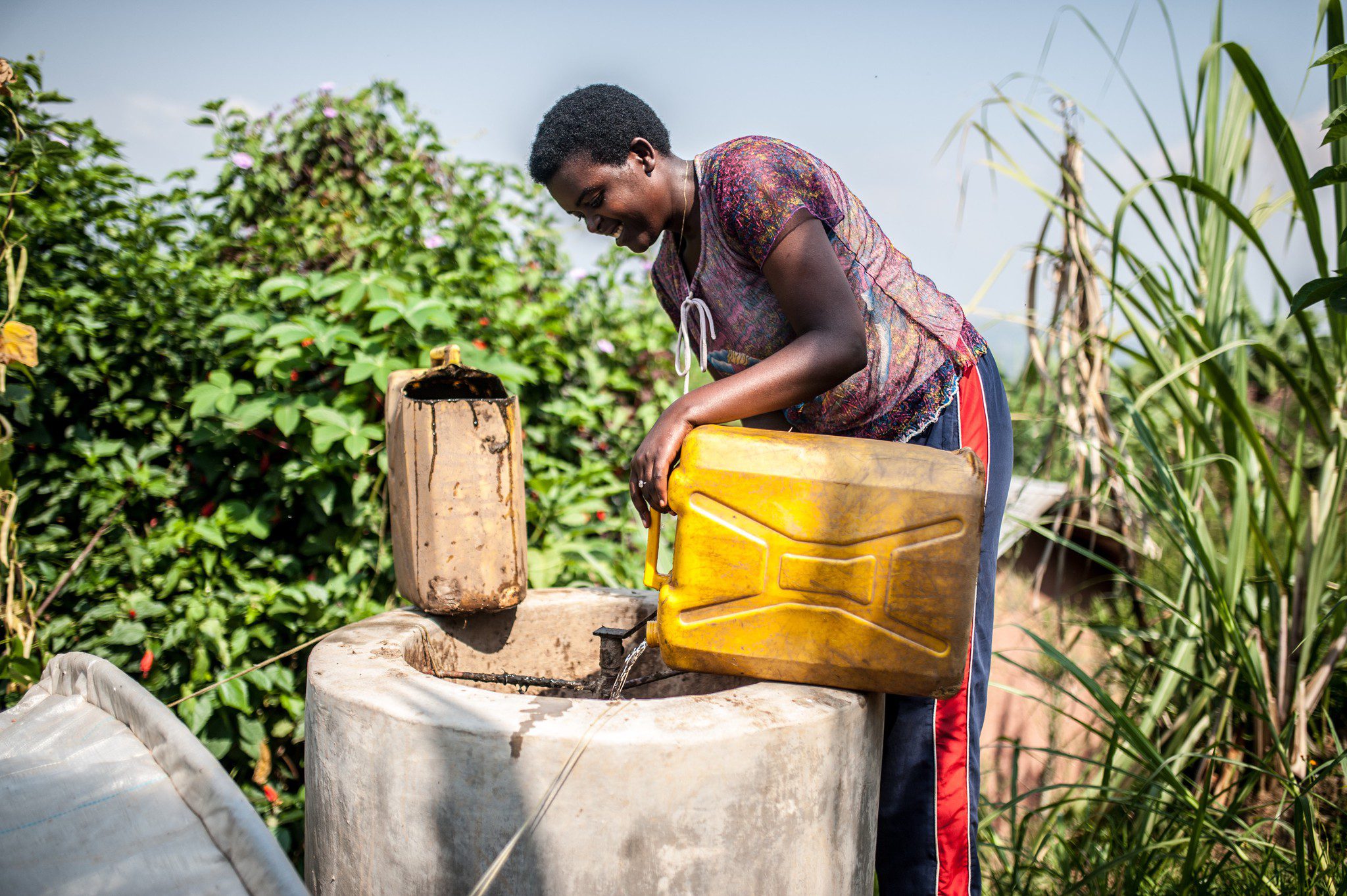
Step 5: Biodigester collects gases released by pig waste.
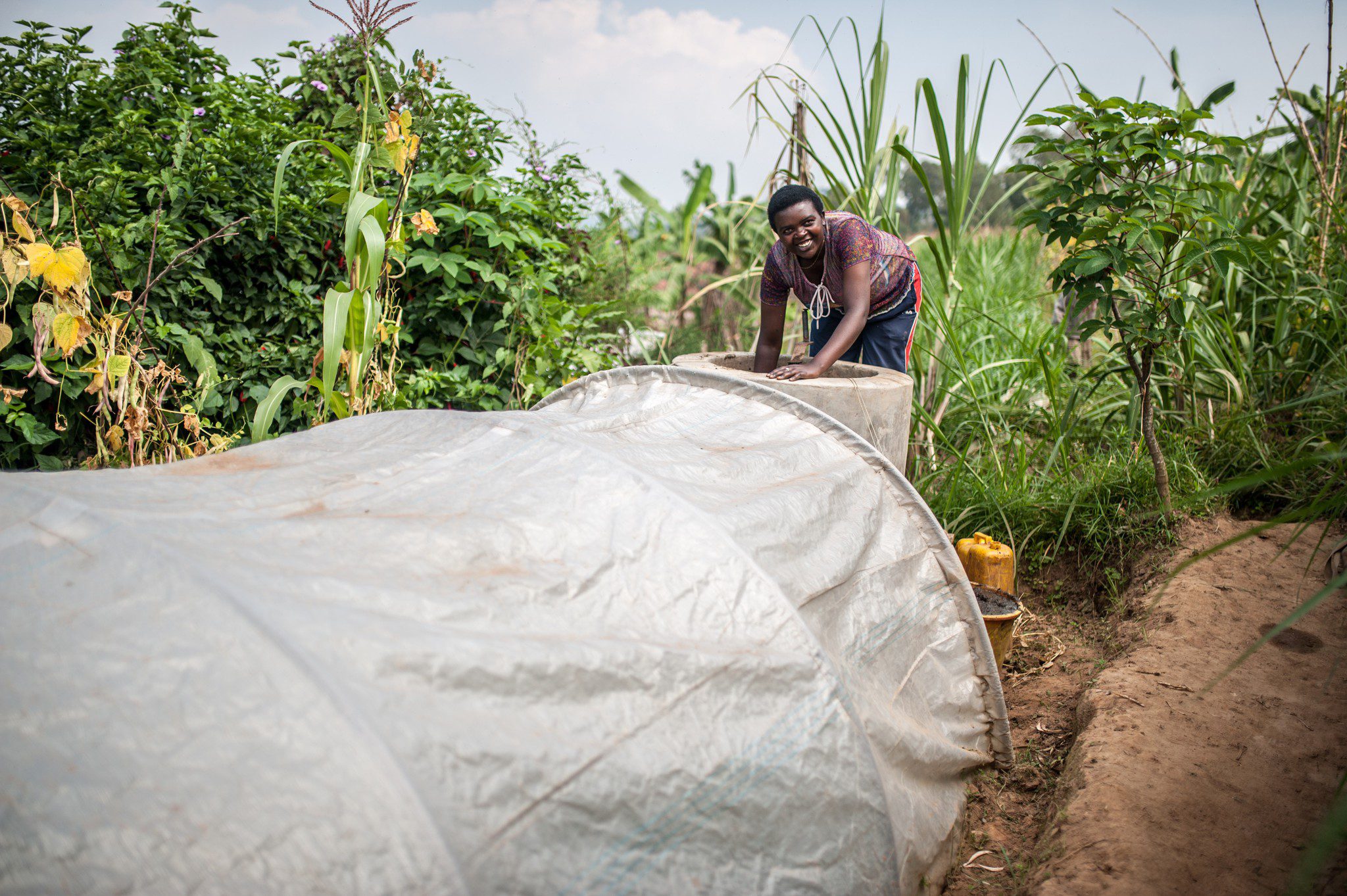
Step 6: Gases are piped into human’s home.
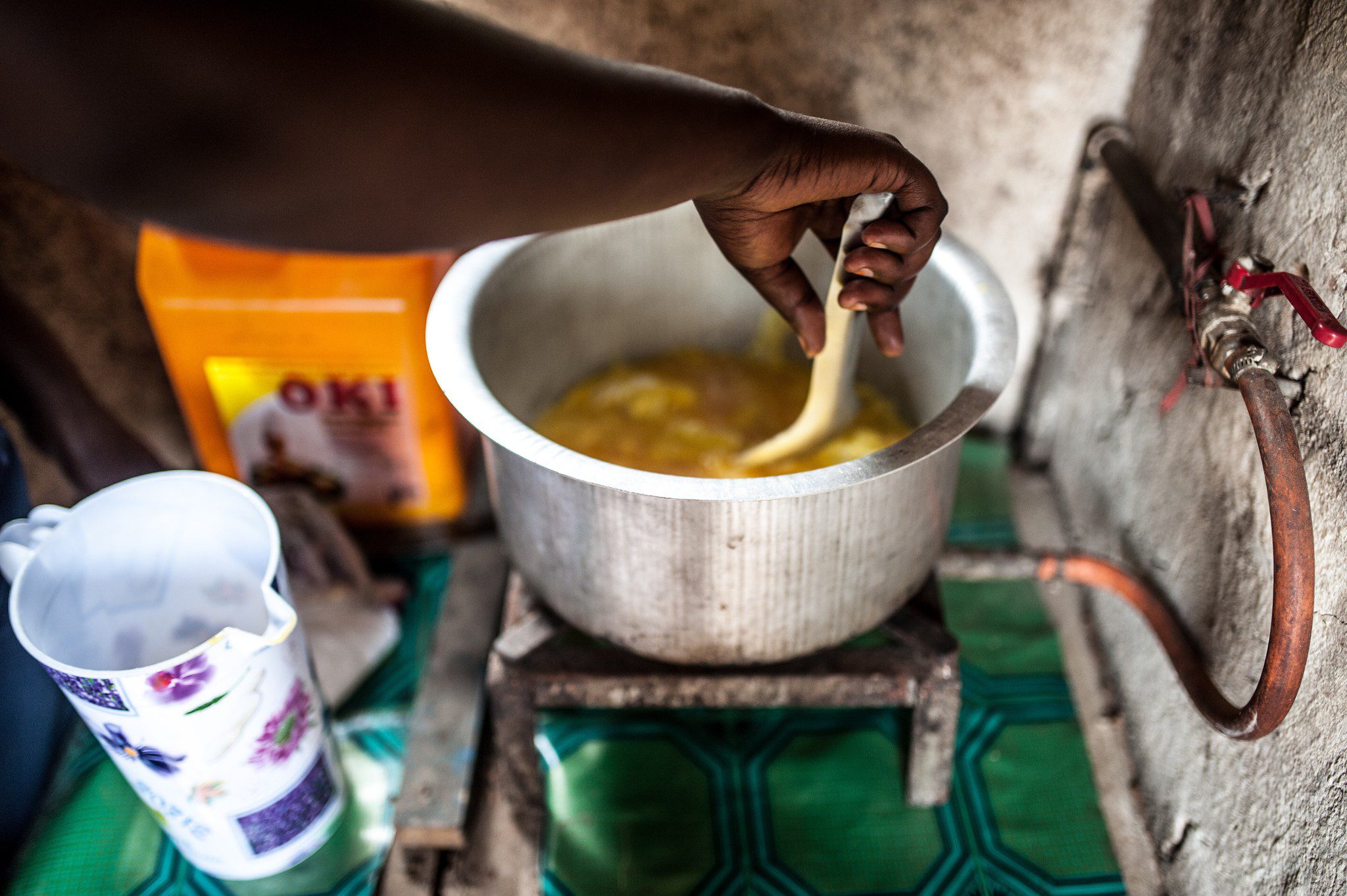
Step 7: Humans cook with efficient biogas instead of hard-to-find wood. This allows them more time to study or make a living.
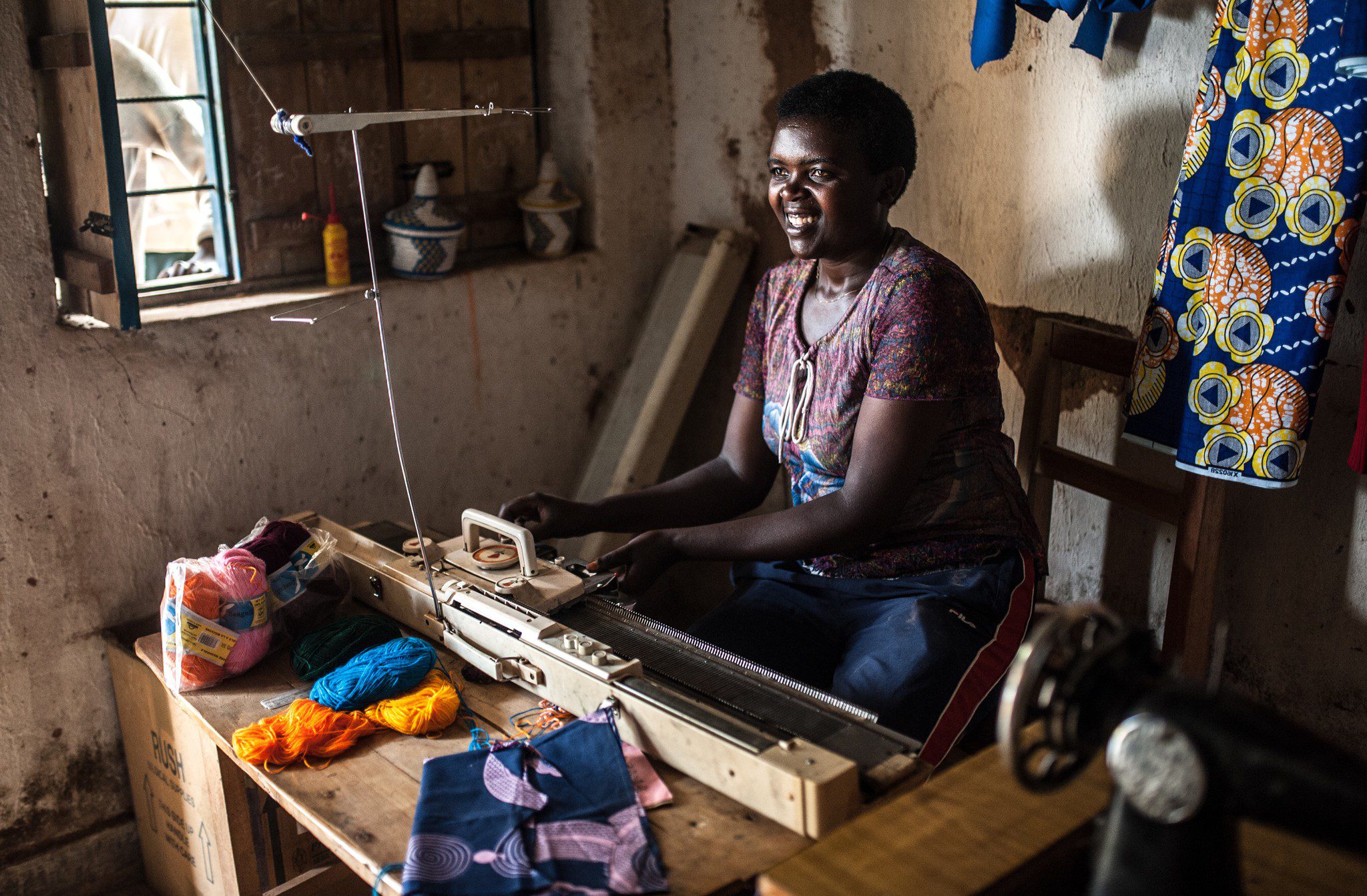
Step 8: Pigs are highly reproductive, so piglets can be sold for extra family income.
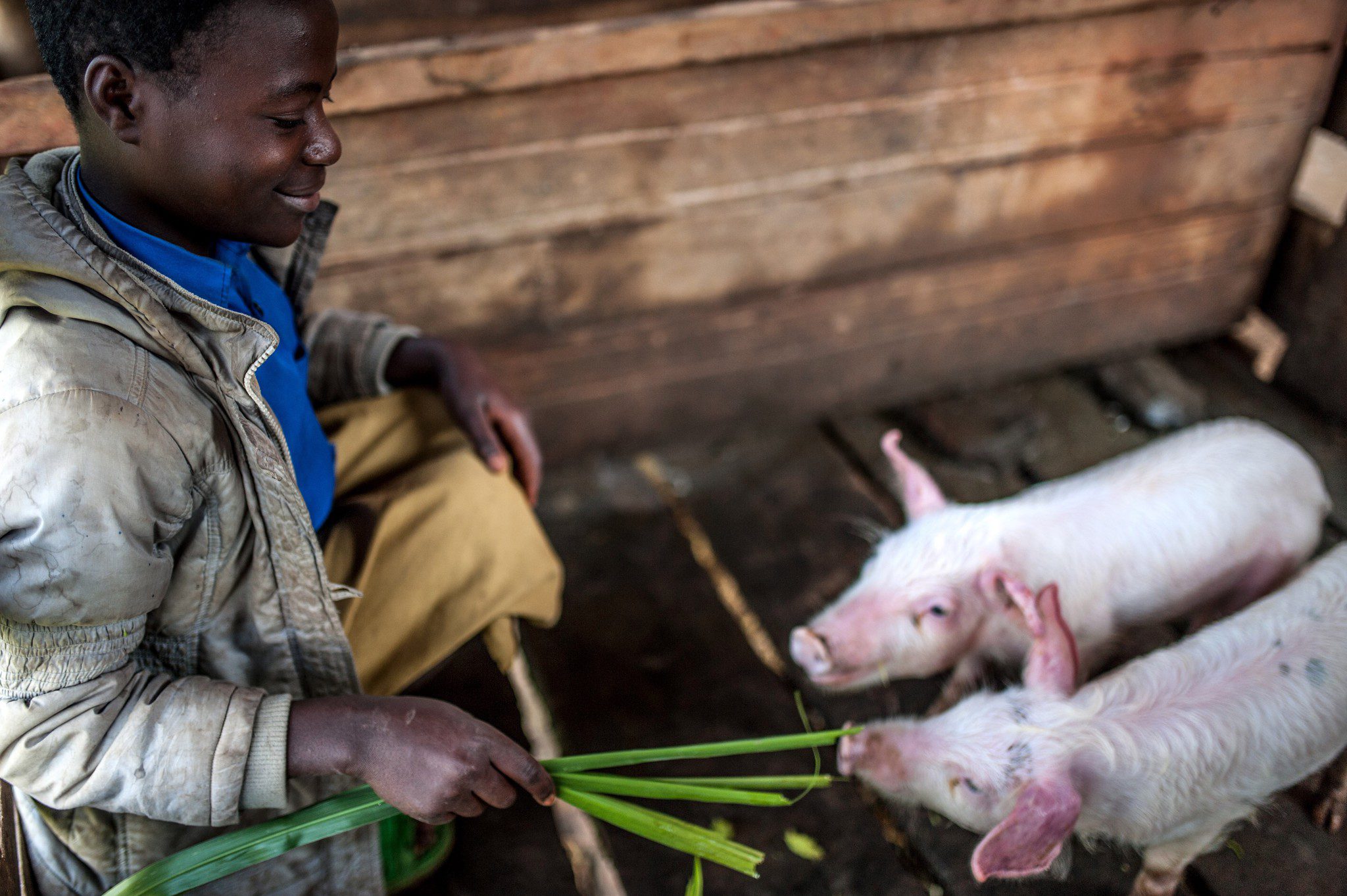
Step 9: Family escapes the cycle of poverty.
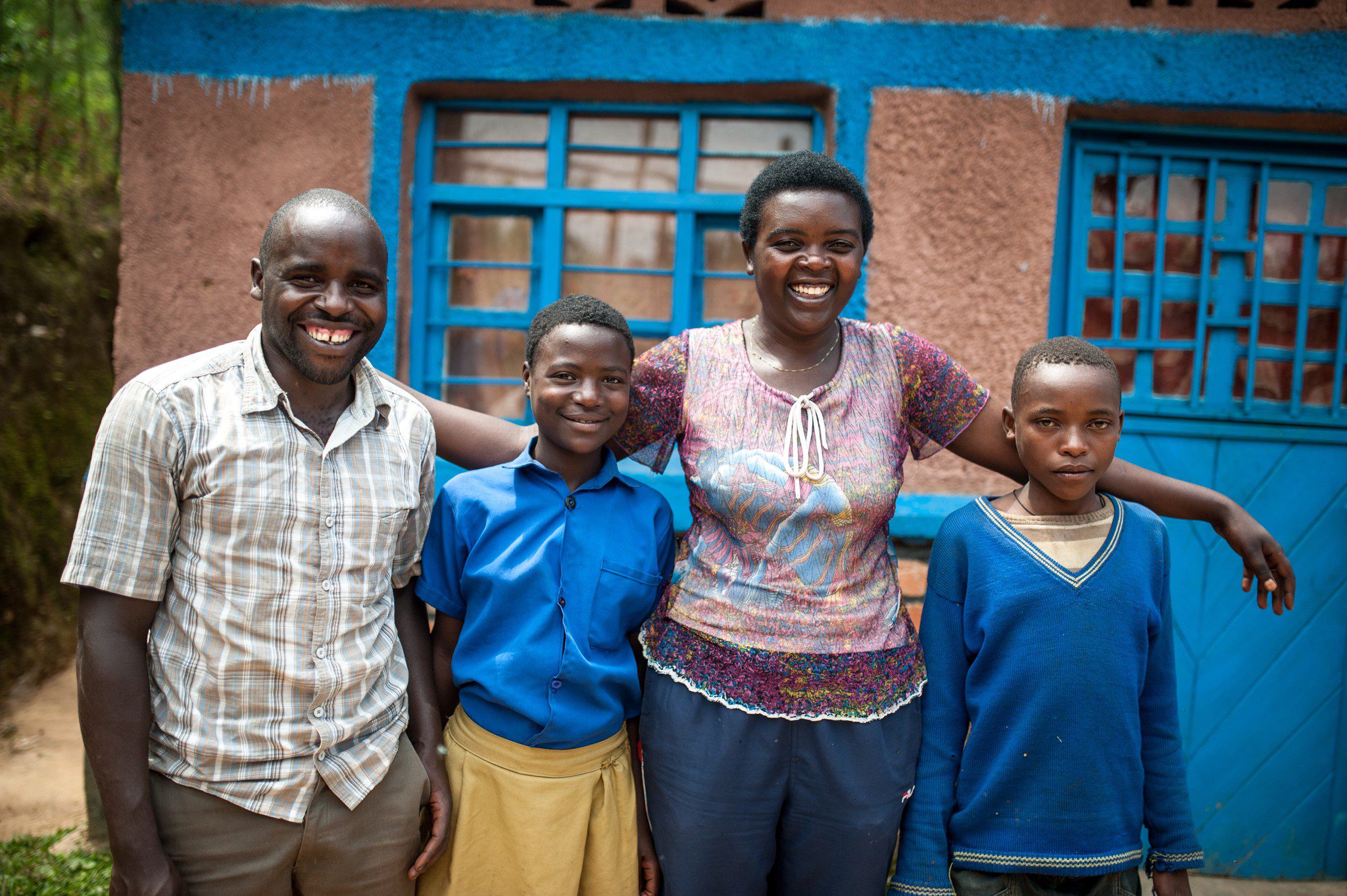
We are tackling poverty in Rwanda with this ingenious biogas solution but we can’t reach every family in need without the generous support of donors like you.
Please donate today to help empower more women like Christine to gain control over their lives and build brighter futures for their families.
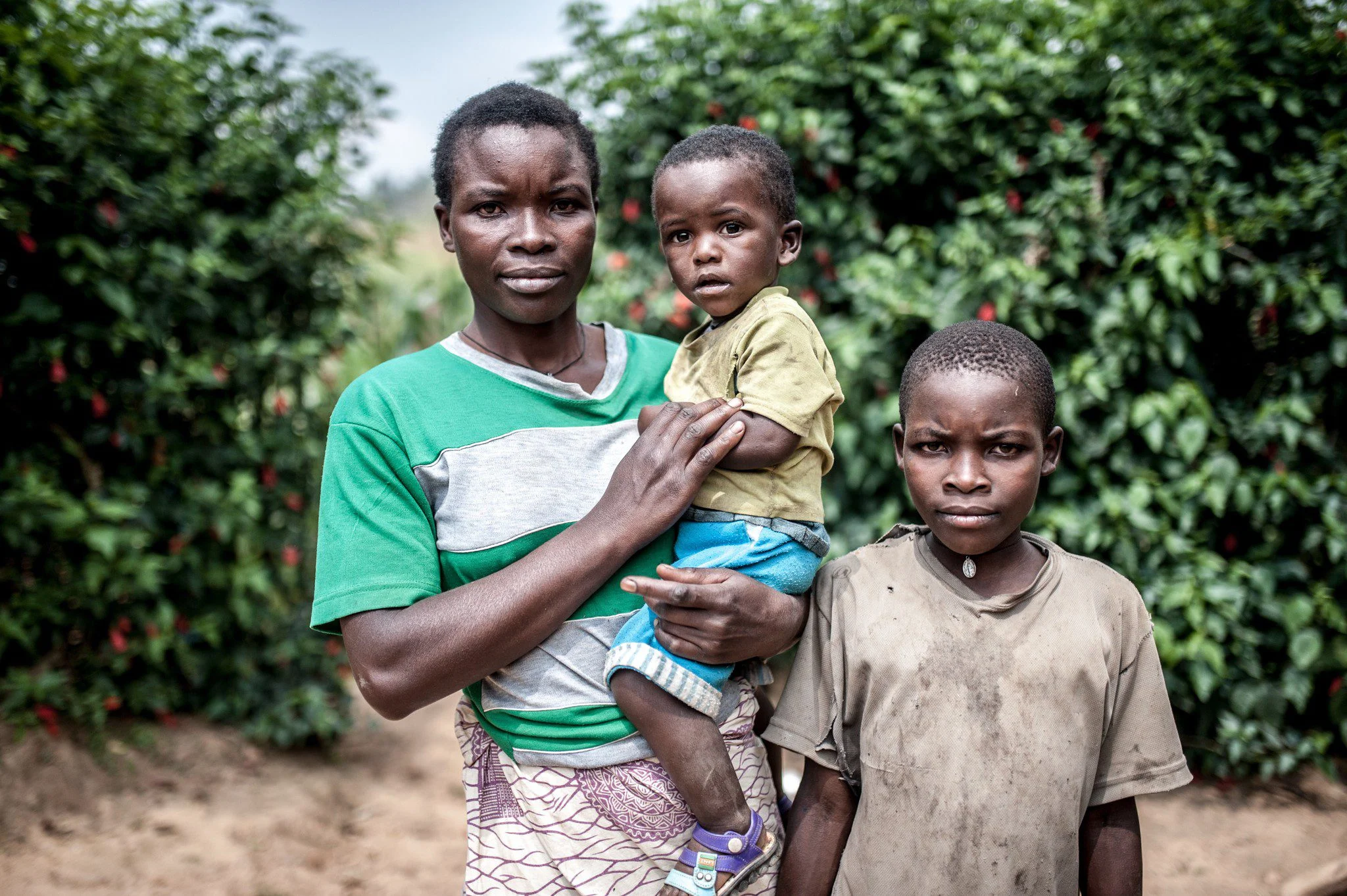
Donate to help end poverty in Rwanda
Your vital gift can help Oxfam provide vulnerable families in Rwanda with the skills and resources to lift themselves out of crippling poverty.
